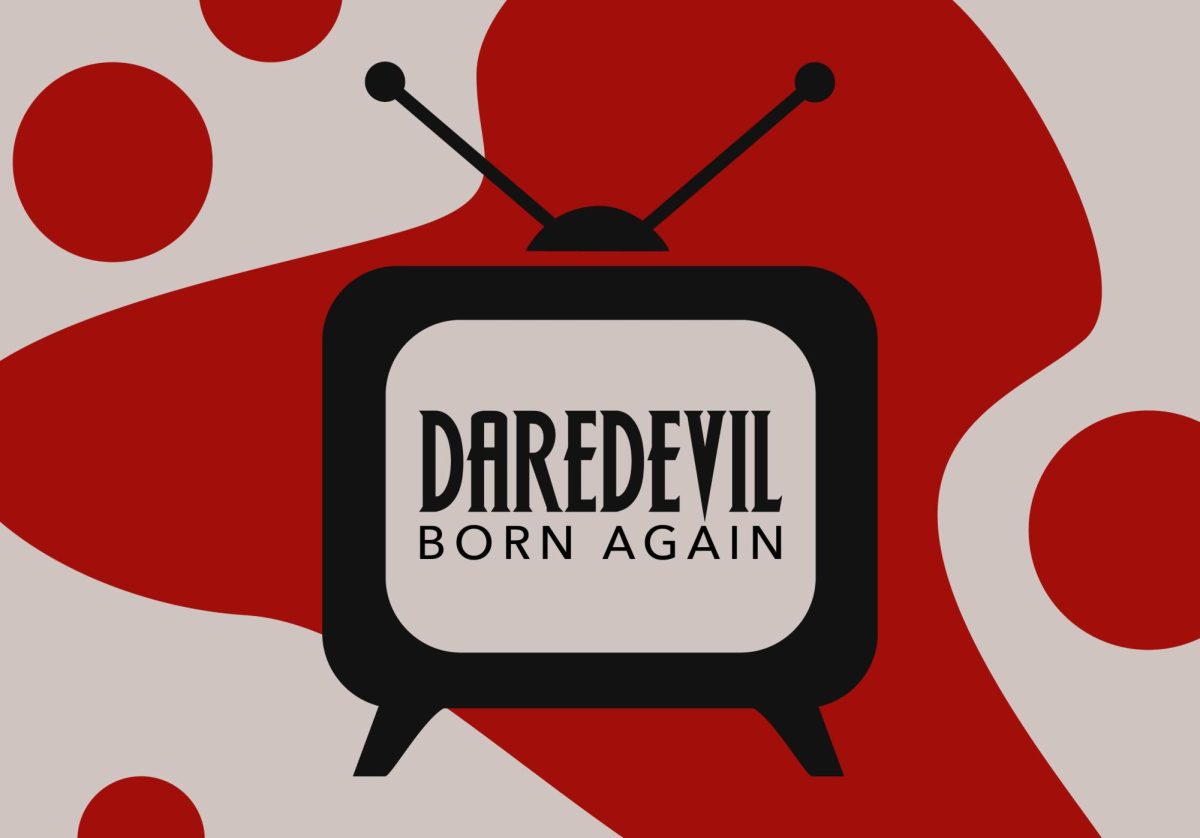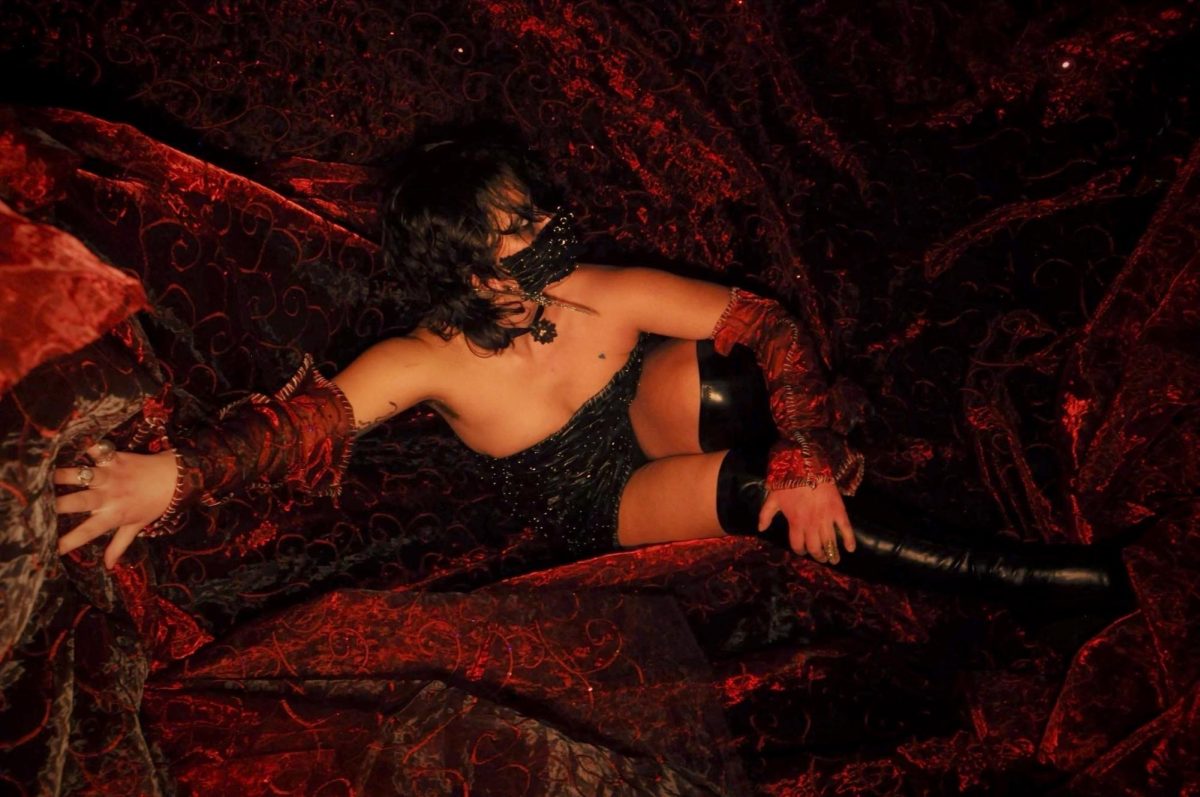On Justin Bieber’s sixth album, his ready-for-the-retail-department soundtrack of bubblegum pop reminds listeners that he loves his wife, and that’s pretty much it.
At its core, “Justice” is an ode to Hailey Bieber with some unsubstantial collaborations, save for a Daniel Caesar feature, and an album title that would be kosher any other year. But titling an album “Justice” following a year of racial reckoning and police killings and then only singing about how much you love your wife feels inappropriate at best and tone-deaf at worst.
The album begins with a Martin Luther King Jr. quote, “Injustice anywhere is a threat to justice everywhere,” and then oddly transitions into Bieber singing about his devotion to his wife and not being able to leave her side for two seconds. The guy who gave us the early 2020 earworm, “Yummy,” about the pleasure of going down on his wife, is back to tell you more about his relationship with his supermodel boo.
“Justice,” with its out-of-nowhere MLK quotes and interludes, is the musical equivalent of posting a black square on Instagram and thinking you did your part for the Black Lives Matter movement.
“Justice” is reminiscent of Chance the Rapper’s “The Big Day” in that they were both mediocre albums about loving your spouse. So, it only makes sense that the Christian rapper would join Bieber on “Holy” to rap about loving God and women — Chance’s line describing life as “short with a temper, like Joe Pesci” is clever enough to get a pass, though. “Holy” is a song you would hear while shopping for $8 candles at T.J. Maxx.
Whether it’s “As I Am” featuring Khalid or “Ghost,” many songs on the album give 2016 The Chainsmokers vibes with electronic rhythms and a dance-pop mood. If we weren’t in a pandemic, it’s easy to imagine high schoolers at prom eating this music up.
Even with collaborators like Chance the Rapper, Dominic Fike, Khalid and more, “Justice” relies upon tired cliches — loving a woman differently than the way she was previously loved and walking through fire for a woman, as if Harry Styles didn’t write that same line only a year-and-a-half ago — that leave the listeners in an auditory stalemate. What is clear to the listener, however, is that Bieber is finally happy and married.
On the final track of the album, “Lonely,” we hear Bieber’s bona fide account of fame and its repercussions on his life, specifically his perception of himself. We see glimpses of humanity through sincere lyricism. For years, Bieber was another cog in the pop music machine, and to listen to a song where he reflects upon this alienating time in his life is humbling.
The best track on the album, “Peaches” featuring Daniel Caesar and Giveon, sonically sticks out among the other tired pop/R&B ballads. The song is intoxicatingly smooth, groovy and offers up some of the best lyrics of the album. The track serves as an emblem of what the album could have been were Bieber only a smidgen more intentional about his collaborators and overall sound.
Though the lyricism and production lack nuance, Bieber’s falsetto will forever remain strong in “Off My Face,” and his voice throughout the album holds depth, even when some songs lack such a thing.
In November when the Grammy nominations came out, Bieber wrote on Instagram that he felt weird his album “Changes” was nominated in the pop category of the Grammy’s instead of the R&B category, as he had intended to create an R&B album. For years, he’s eschewed the pop music title that brought him his first glimpse of fame 12 years ago, yet “Justice,” being more pop than R&B, is Bieber’s acceptance of a genre he has been running from.
Grade: C














